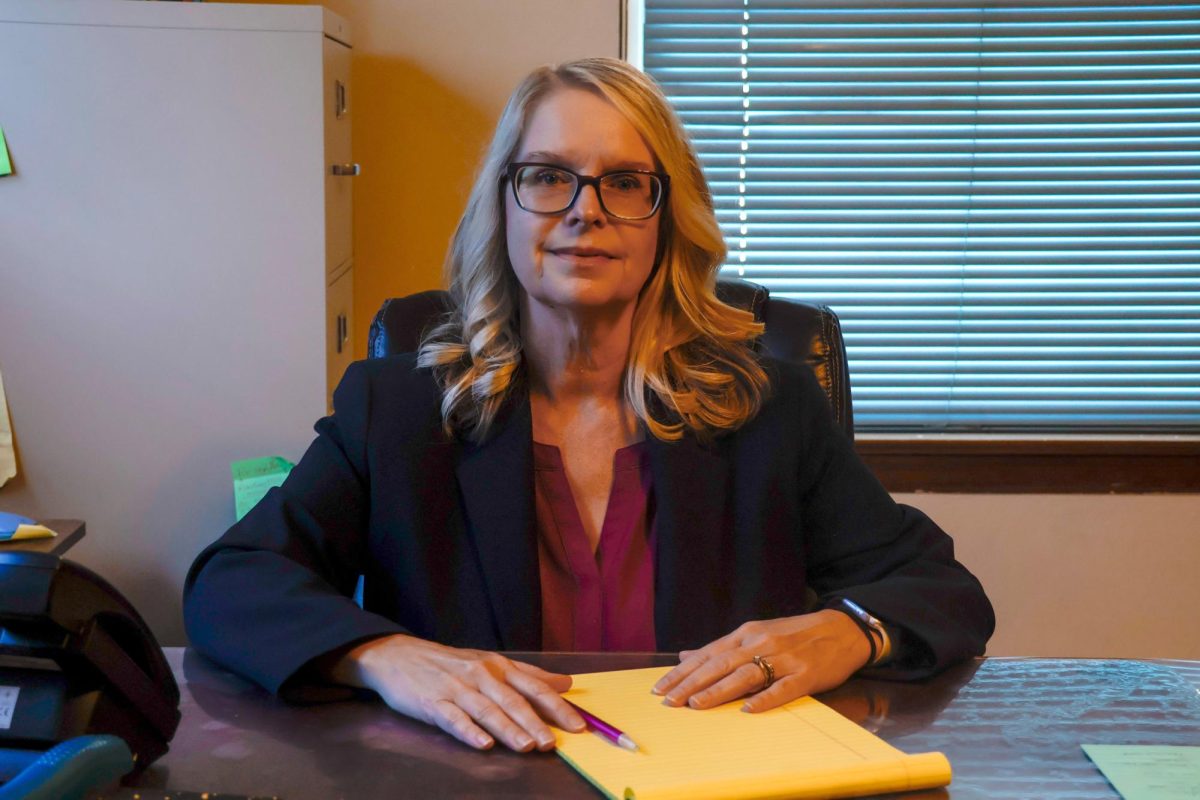Status of net neutrality regulations unclear
November 30, 2014
President Barack Obama said in a statement in November the public has contacted the Federal Communication Commission nearly 4 million times asking them to enforce net neutrality changes.
The FCC recently changed regulations regarding Internet service providers’ ability to limit their services in 2010, but was sued in January for not classifying the providers properly.
In the same statement, Obama asked the FCC to reclassify Internet service providers to ensure net neutrality, or that the Internet and its services remain a freely accessible commodity.
Advertisement
“Americans are making their voices heard and standing up for the principles that make the Internet a powerful force for change,” he said. “As long as I’m president, that’s what I’ll be fighting for, too.”
Many groups support Obama’s stance, including the nonprofit organization Electronic Frontier Foundation.
Jeremy Gillula, a staff technologist for the foundation, said EFF ensures people’s civil liberties and privacy are not at risk in the emergence of new technological advancements.
“Whether that’s the Internet, drones or police use of technologies,” said Jeremy Gillula, a staff technologist for the foundation.
Gillula said the FCC attempted to enact net neutrality rules in 2010 that would protect users’ rights, but was sued by Verizon shortly after. He said the FCC’s rules incorrectly classified Verizon and other broadband service providers as common carriers, which are companies that transport goods on regular routes at set rates.
In January, the U.S. Court of Appeals for the District of Columbia Circuit ruled in the Verizon vs. FCC case that the FCC is not allowed to restrict broadband service providers and common carriers in the same way, in accordance with the Telecommunications Act of 1996.
Gillula said common carriers, like phone companies, must provide services equally among all of their customers. He said the FCC published new rules following the case that did not reclassify the service providers as common carriers which essentially did nothing.
Advertisement*
“This is sort of just putting lipstick on a pig,” he said.
Gillula said the lack of choices for Internet service providers is the main issue behind the need for regulation.
“If there was more competition in terms of broadband Internet service providers, EFF in particular would say ‘no’ to regulation and we wouldn’t need the FCC to make these rules,” he said.
He said because most people only have one choice, their provider can block content or slow speeds without any repercussions.
“Here in southern Illinois, we’re a perfect example of that,” said Tom Imboden, an associate professor of information systems technologies.
Imboden said consumers’ ability to avoid discrimination is limited because there are only two major providers in the area. He said there are many good reasons to believe reclassification is not the best option.
Imboden said streaming websites, such as Netflix, have changed the net neutrality game because they account for more online traffic, with higher quality picture and streaming speeds, than they have in the past. He said Internet service providers have no way to charge customers for using more services.
“The Internet service providers have to figure out how to invest in their infrastructure so people don’t have deal with slow speeds if they can’t charge them for it,” he said.
Imboden said the idea of net neutrality is good, but the government may not implement policies well.
David Yepsen, director of the Paul Simon Public Policy Institute, agreed.
“I’m not very optimistic right now as to what this Congress and this president can do about any problem,” he said.
He said Obama’s legal powers remain, but his power of persuasion is waning because the public is looking for solutions from presidential candidates for 2016.
“One of the problems that Obama has is he is rapidly becoming a lame duck,” Yepsen said. “Obama increasingly has very little leverage to do anything.”
Yepsen said many lobbyists could also be influencing the FCC’s decision, as there is a lot of money at stake.
FCC Press Secretary Kim Hart said new regulations will not be finalized until 2015, according to multiple reports.
Marissa Novel can be reached at [email protected], on Twitter @marissanovelDE or at 536-3311 ext. 268.
Advertisement









